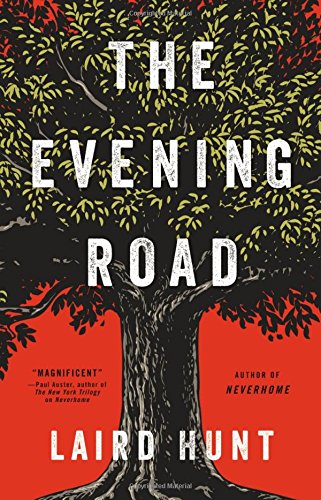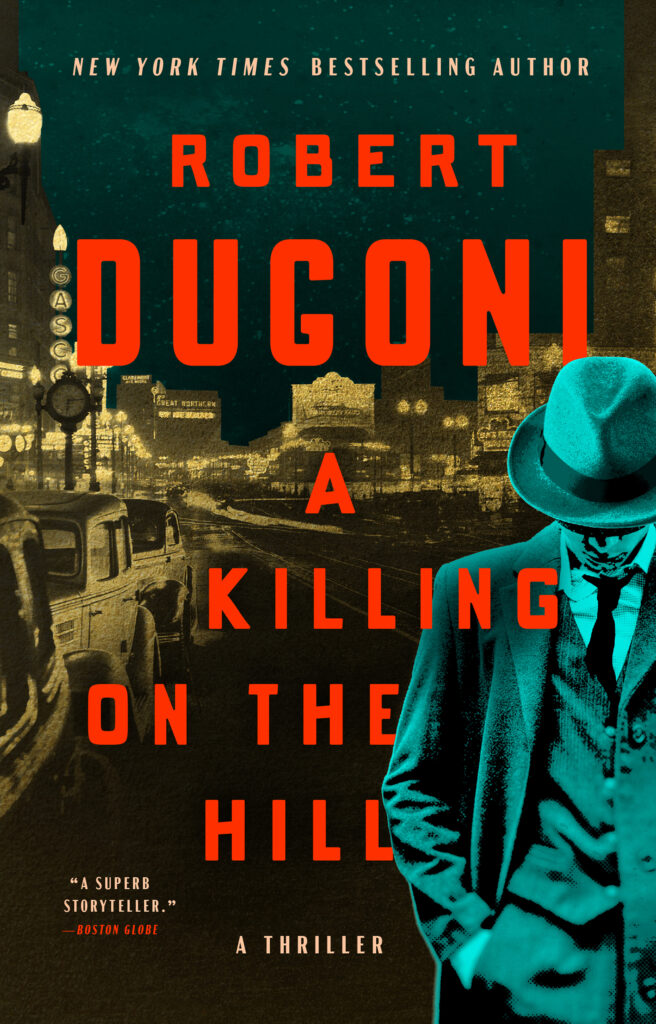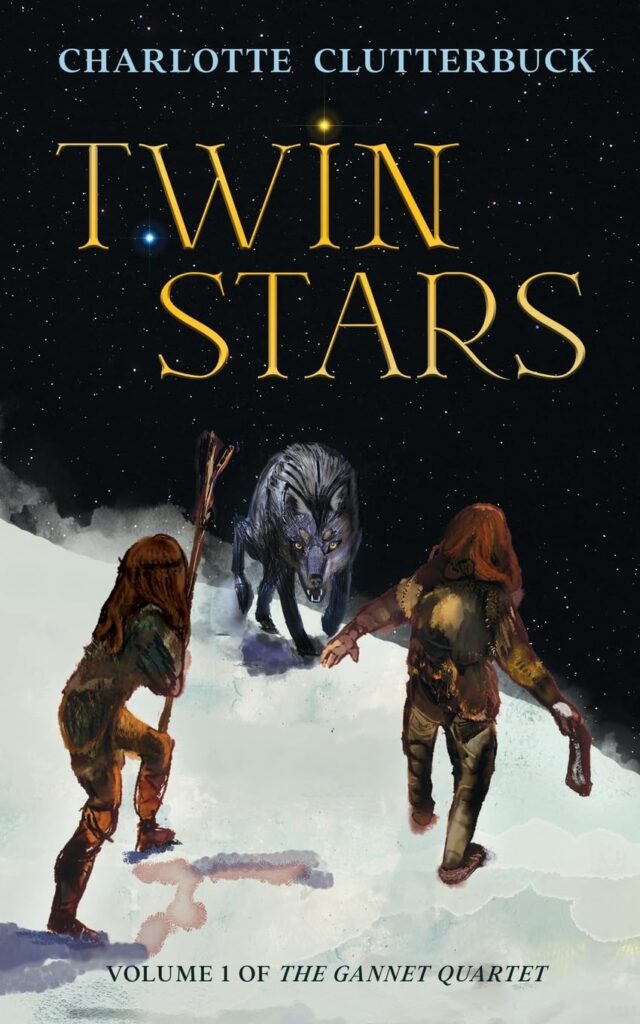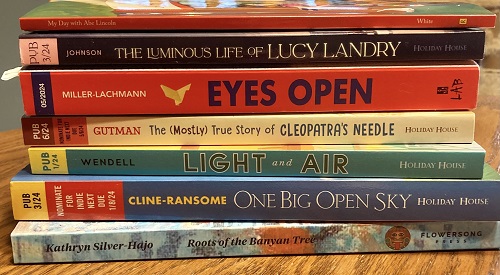The Evening Road
This is a gem of a book about race and entitlement, deftly and beautifully told. Ottie Lee Henshaw, a white woman in rural Indiana during the 1920s, joins her husband and her boss on a road trip to the nearby town of Marvel to witness a “lynching” of African-American men accused of raping white women. But the men are in no hurry to get there, making Ottie Lee’s story more about the journey than the destination as she encounters racism, hatred, and white supremacy. Midway through the novel, the point of view switches to that of Calla Destry, a young black woman who ends up in Marvel during the hanging, and dares to make a protest that endangers her life, sending her into a desperate flight away from the town. When their paths collide, the result is powerful.
One of the geniuses of The Evening Road is Hunt’s juxtaposition of the twin protagonists, which allows the reader to see their similarities as well as their differences. Close in age, poor, and naive about the evils that men do, each loses her innocence that night. But while Ottie is just along for the ride—passive, drunken, observing, as though in a dream—Calla is behind the wheel, active, protesting, fleeing. In the end, each learns lessons that will resonate beyond that evening, but the book’s ambiguous ending seems to say that how it will all turn out is up to us.










